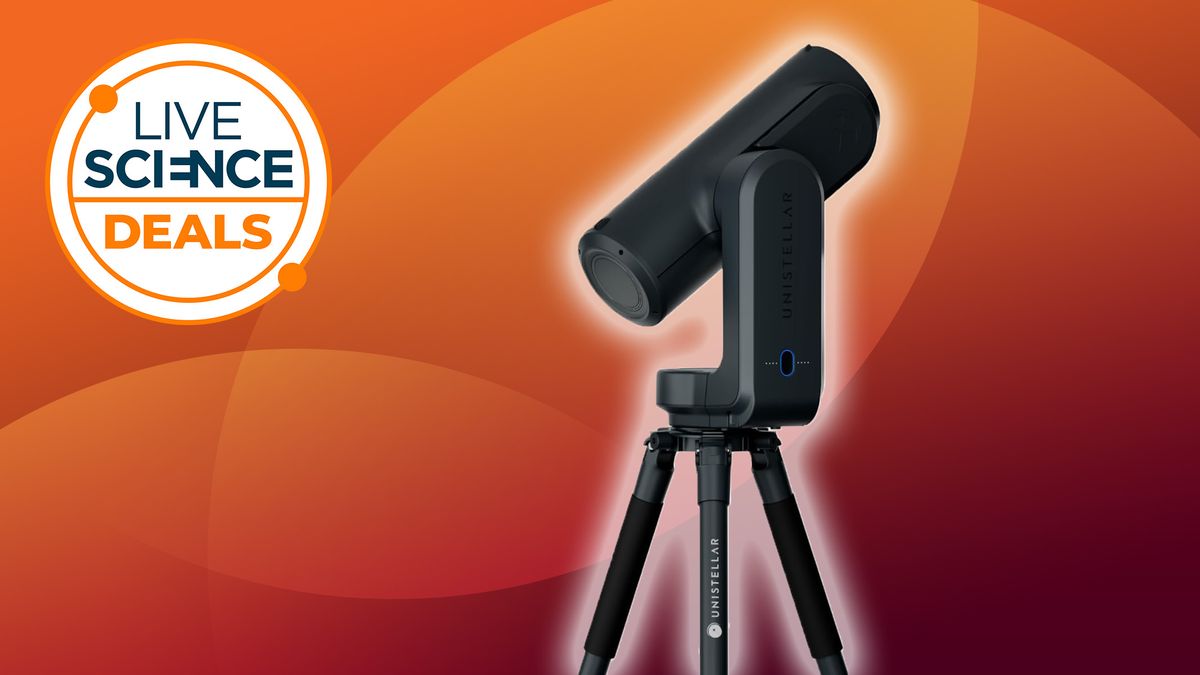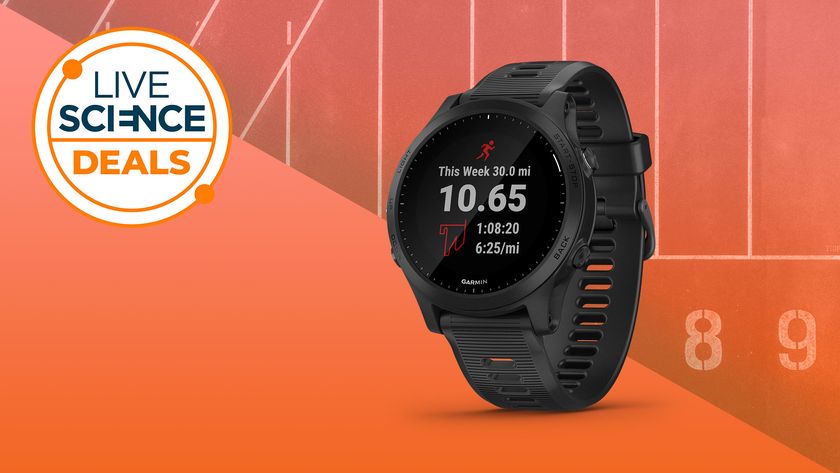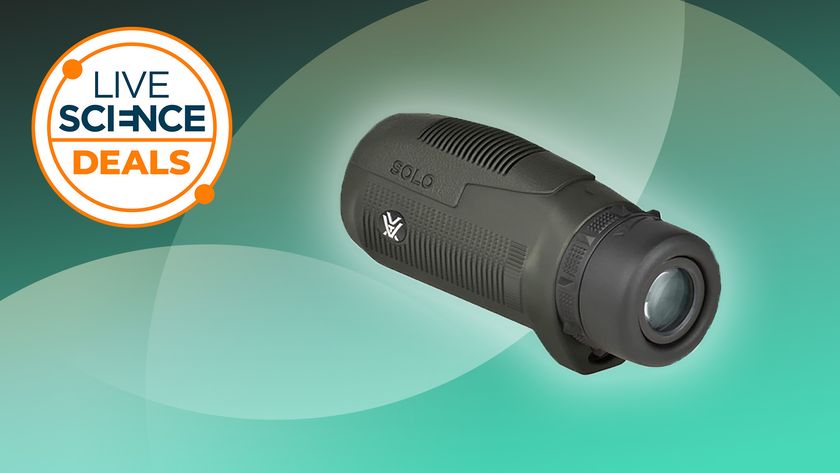Unistellar Odyssey is still its lowest ever price of $1,799
Don't worry if you missed Prime Day, the Unistellar Odyssey is still $1,799 — save $500 on this fantastic smart telescope at Amazon.

If you're in the market for a smart telescope, now could be the perfect time to buy as the Unistellar Odyssey is back down to $1,799 at Amazon. We saw the price dip this low during the Prime Day deals, and although it briefly went back up afterward, it's now back down to its lowest-ever price again. We aren't sure how long it'll stick around at this price, so it's a great deal to take advantage of if you want to get your hands on Unistellar's latest smart telescope.
There are two versions of the Odyssey — the standard version and a more expensive Pro version. It's the standard version on offer here (the Pro is over double the price), and the main difference is that the Pro has a Nikon eyepiece and a slightly higher resolution. We are yet to publish a full review, but we do have hands-on experience with the Pro version and our telescopes expert thinks it deserves almost top marks. We rate Unistellar telescopes as some of the best telescopes on the market, and we loved the Unistellar eVscope 2 when we reviewed it.
Unistellar Odyssey: was $2,299.99 now $1,799 at Amazon
Save $500 on the Unistellar Odyssey Pro, a fully automated smart telescope with a database of 5,000+ celestial objects and a massive 37 million stars. Even in light-polluted cities, you can see stars, galaxies, nebulas, planets and the moon with ease.

Although $1,799 is still quite a substantial investment, particularly for beginners, it's actually one of the more affordable smart telescopes out there — you can pay upwards of $3,000 for some of the top-rated models.
It has 5,000+ celestial objects in its database with a whopping 37 million stars, plus its 'Deep Dark technology' enables you to observe stars, nebulas, galaxies, planets and the moon even in areas with substantial light pollution with just the press of a button. This Unistellar Odyssey deal also comes with a premium high tripod, dust cap, adjustment tools, charger and a quick start guide to help you get started.
Key features: GoTo Motorized Alt-Azimuth mount, 12.6-inch/320mm focal length, f/3.9 focal ratio, 5h battery life, 5,000+ Celestial Objects and 37 million stars to observe, 85mm mirror diameter, 64 GB storage.
Product launched: January 2024.
Price history: Before Prime Day, the price fluctuated between $2,299 and $2,499 since its release in January, but we saw it reduced to this same price of $1,799 during Prime Day. Once Prime Day was over the price jumped back up to $2,299, but we're now seeing it at its lowest price of $1,799 again to match the Prime deal — but we aren't sure how long it'll stay this low.
Sign up for the Live Science daily newsletter now
Get the world’s most fascinating discoveries delivered straight to your inbox.
Price comparison: Amazon: $1,799 | B&H: $2,299 | Adorama: $2,299
Reviews consensus: We'd give the Unistellar Odyssey almost full marks — it's a fantastic all-in-one option for users who want to view nearby planets and the moon as well as deep space objects, and it's even suitable for use in light-polluted areas with its Deep Dark technology.
✅ Buy it if: You're buying your first smart telescope and want to observe celestial objects near and far.
❌ Don't buy it if: You're more of a traditional stargazer and would prefer to find subjects manually without the aid of any tech.
Check out our other guides to the best air purifiers, air purifiers for allergies, the best telescopes, microscopes for students, binoculars, rowing machines, electric toothbrushes and more.

Kimberley Lane, E-commerce writer for Live Science, has tested a wide range of optics equipment reviewing cameras, lenses and tripods, and getting hands-on observations with binoculars and more. Also a landscape & seascape photographer living in South Wales, she aims to portray a feeling of calm and peaceful moments through her images. Her work has also been featured in a number of national photography magazines and she regularly contributes to our sister site Space.com.



